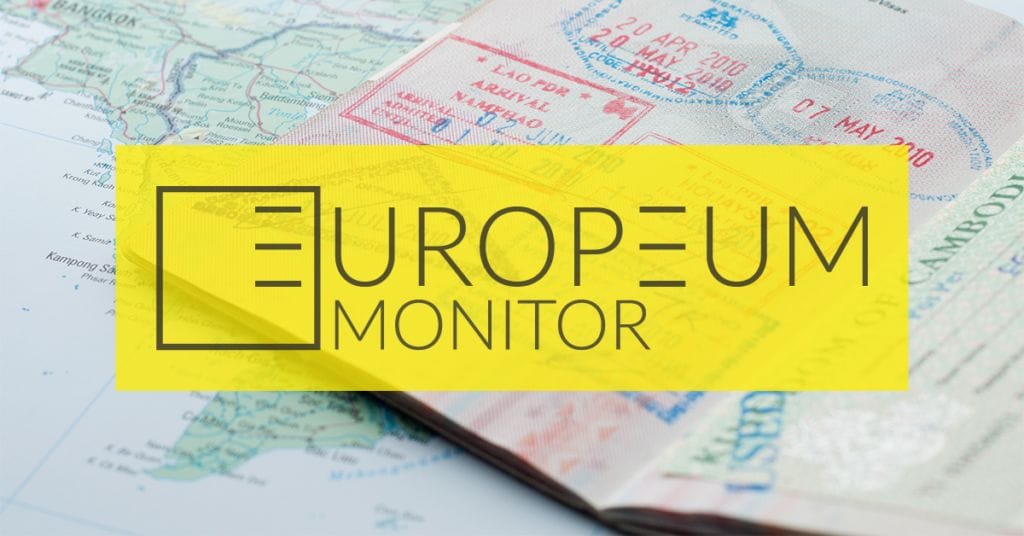EU MONITOR: An Arduous Path: Are Bulgaria, Croatia and Romania Ready to Join the Area?

You can view the whole publication here and download the PDF file on the right side of this article.
- The concept of free movement between European countries anchored in the Schengen Agreement, manifested in the creation of the borderless Schengen Area, is arguably one of the great achievements of European integration. By facilitating conditions for trade, services and movement of citizens, the Schengen Area acts as one of the converging economic factors for Member States. Decision on the dissolution of state borders is generally seen as a positive step for economic development, regional integration and a sign of trust between the countries. Nevertheless, it also raises many questions and challenges, especially on the topic of security and compliance of national laws with rules and conditions set in the Agreement. This article will focus on the accession of Croatia, Bulgaria and Romania to the Schengen Area and discuss the main difficulties and obstacles for each country.
As a reaction to the ‘migration crisis’, some members of Schengen, such as Germany or Austria, decided to restore internal border controls. Another sensitive issue raised by the migration crisis was redistribution of the asylum seekers, as countries affected the most by the arrival, especially Italy and Greece. High number of refugees in those countries puts an enormous pressure on its governments and makes it a very sensitive topic, which can be easily used in favour of populist, anti-migrant politicians. Relieving Italy and Greece from the amounts of asylum seekers would support more stable political environment. The incapability of some EU members to agree on a constructive and consensual solution of the problem over migration only widened divisions within the Union.






